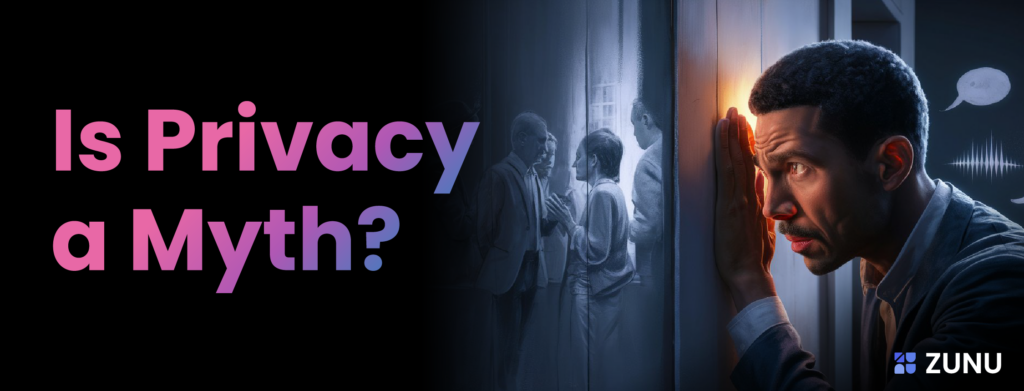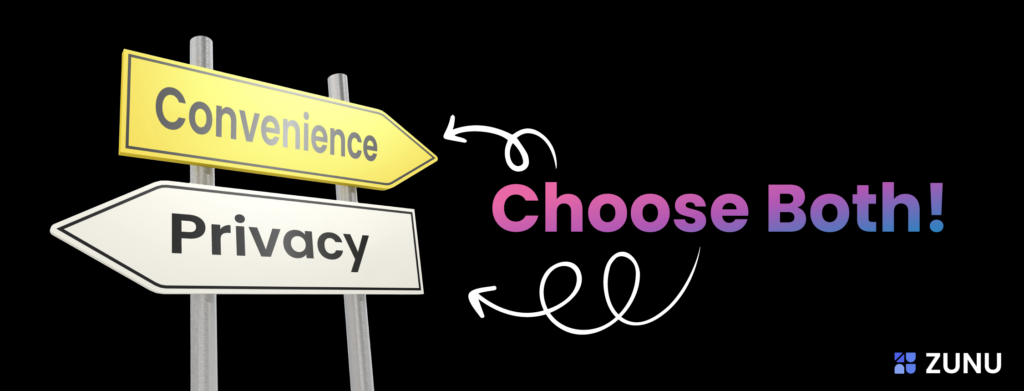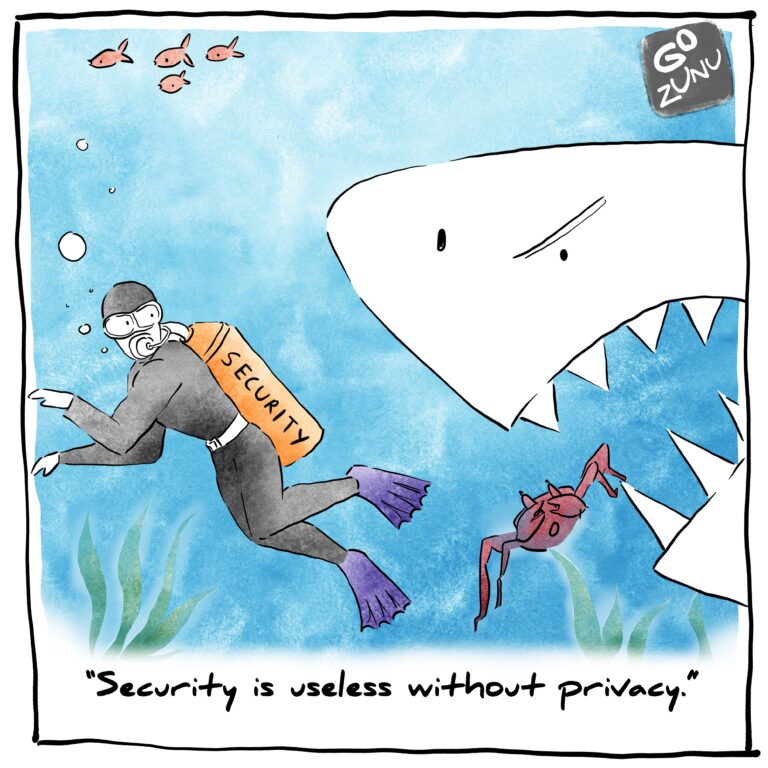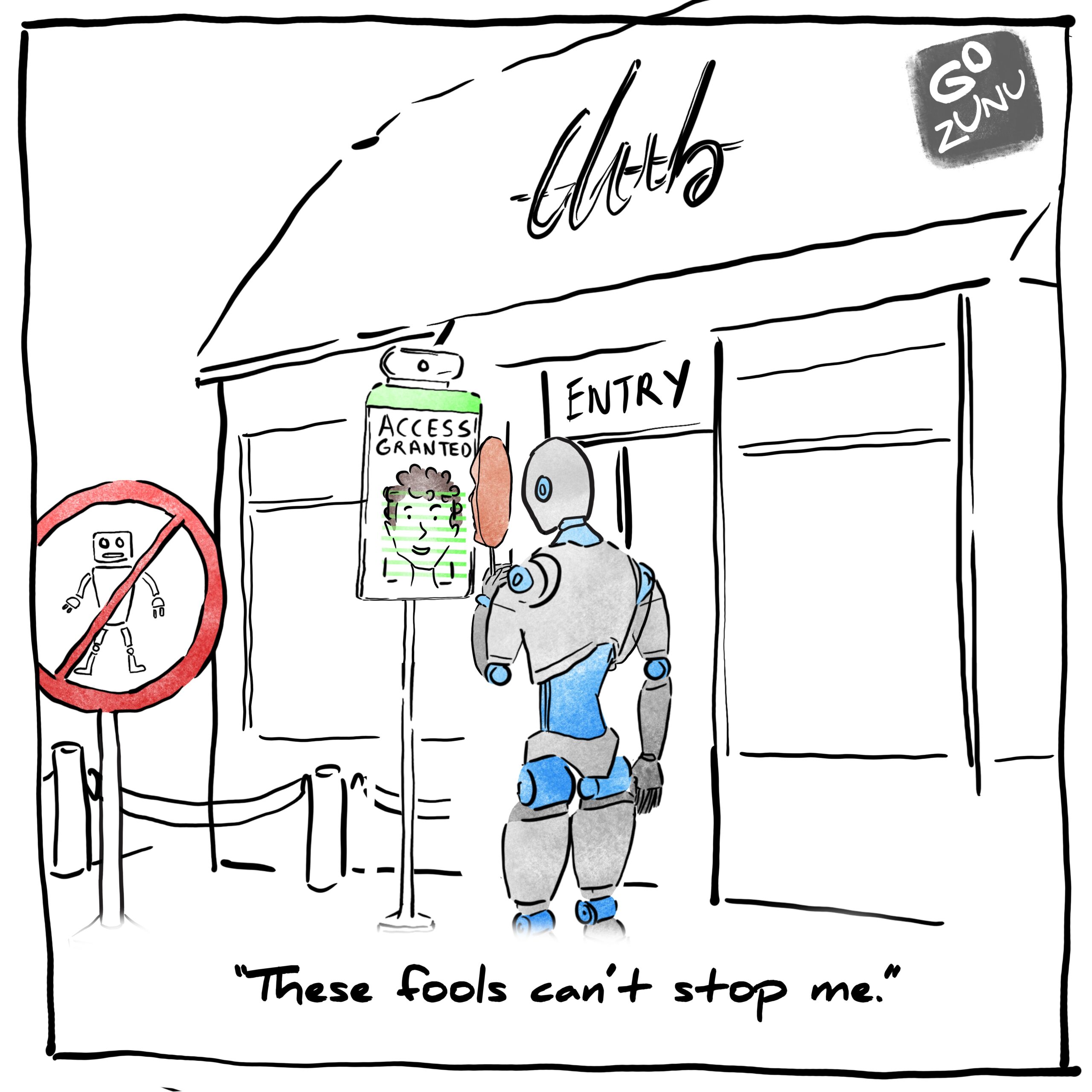
Technically, yes, Google can read the content of your emails. Google has these algorithms that can scan your Gmail emails. They do it for a couple of reasons, like showing you personalized ads and keeping out spam.
When discussing Gmail, there are a few concerns that come to mind. Such as, does Gmail allow third-party developers to read your emails? Is Google misusing my data by being able to read my emails?
The answer is yes. Gmail grants access to third-party apps and utilizes our data for advertising. Therefore, Google may read your emails.
Google’s advertising game is pretty intricate. It’s all about the data they scoop up and analyze. First off, when you search, even if you’re not logged in, Google keeps tabs on those search queries.
“Google’s ad revenue is expected to reach $273.37 billion, up 14.9% from the previous year.”
Then there’s the whole Chrome browser and Android scene. They quietly track your moves on websites and apps, creating this detailed profile of what you’re up to online. Moreover, let’s not forget the location deets. Thanks to GPS, Wi-Fi, and some cell tower magic, Google knows where you’re at, what you’re doing, why you’re there, how you reached, etc. So they can sling ads your way that fit your current surroundings.
Then they’ve got the lowdown on demographics too – age, gender, income – you name it. They pull info from surveys, public records, and other sources. All of this helps them fine-tune ads to hit the right folks.
In 2024, Google’s ad revenue is expected to reach $273.37 billion, growing by 14.9% from the previous year. The first quarter of 2024 alone saw Google making $80.54 billion from ads worldwide.
In this blog, you’ll discover effective ways to enhance your privacy on Gmail. Additionally, we’ll explore essential everyday applications that not only prioritize your security but also keep your information safe. By the end, you’ll have valuable insights into protecting your online privacy.

Reading Between the Lines: The Hidden Costs of Gmail Convenience
While Gmail offers convenience and functionality, it is crucial to be fully aware of the potential privacy risks involved. Here are some compelling examples to consider:
1. Data Collection and Analysis
- Email content scanning: While Google claims they no longer scan email content for targeted ads, they do analyze metadata (sender, recipient, keywords) and use it for profiling and personalization. This can reveal a lot about your personal life, interests, and social connections.
- Third-party access: Apps and extensions integrated with Gmail can access your email data for various purposes; therefore, be cautious about granting access to unfamiliar apps.
- Targeted advertising: Gmail uses your data to show you targeted ads across Google services and partner websites. This can feel intrusive and invasive, especially if the ads are based on sensitive information gleaned from your emails.
2. Lack of End-to-End Encryption
- Server Access: Gmail offers email encryption but is not end-to-end encrypted. This means that while your emails are protected in transit, Google employees—and, in some cases, government agencies—could still access the contents of your emails stored on their servers.
- Man-in-the-middle attacks: While Gmail uses TLS encryption during transmission, it doesn’t offer device-to-device end-to-end encryption.
3. Potential for Data Breaches
- Large target: Gmail has a massive user base, making it a prime target for hackers. A user’s breach of data could expose their emails, contacts, and other sensitive information.
- Limited user control: Once you send an email, you lose control over its privacy. Even if you delete it from your inbox, it may still be stored on Google’s servers.
Email Security Showdown: Zunu Mail with Gmail
Keeping your Gmail private isn’t about wrapping it in a trenchcoat and giving it a fake moustache. But technically, there are things you can do to make sure your inbox stays away from the internet. Here’s the lowdown:
1. Provides End-to-End Encryption
Zunu Mail: Offers Device-to-Device End-to-End Encryption; consequently, this ensures that your emails, attachments, drafts, subject lines, and bodies remain encrypted throughout the communication process.
Gmail: Gmail uses Transport Layer Security (TLS) for securing data in transit, but their default security is not as comprehensive as Zunu Mail’s.
2. Protects Your Attachments & Downloads
Zunu Mail: Keeps attachments in encrypted form, preventing third-party applications from accessing them.
Gmail: Once attachments are downloaded, they may be vulnerable to access by third-party apps on your phone.
3. Secure from Dark Web
Zunu Mail: Guarantees that your emails are Dark Web safe, preventing confidential data from being sold on illicit platforms.
Gmail: In traditional email services, there is a risk of confidential data being available for sale on the Dark Web.
4. Zero Compromise on Device Loss
Zunu Mail: Ensures the safety of your emails even in the event of device loss, hacking, or password compromise.
Gmail: Vulnerable to email account hacking or password compromise.
“Everything we do online is tracked and stored.”
5. Prevents Harmful AI
Zunu Mail: Guarantees that no harmful AI algorithms will run on your emails or attachments.
Gmail: This may be susceptible to AI practices by email service providers. Google may read your emails.
6. One Account Convenience
Zunu Mail: Allows integration with existing Gmail and Outlook accounts without the need to create and maintain a separate email account. You can access all your accounts from one place.
Gmail: Requires maintaining separate accounts, and integration may not be as seamless as in Zunu Mail.
7. One Password Rule
Zunu Mail: Why remember the password for each email account? Zunu Mail eliminates the need to remember multiple passwords for different email accounts.
Gmail: Users need to remember passwords for each email account.

Privacy Check: Are You Safe in the Digital World?
Digital age – it’s like a two-faced buddy. On one hand, it’s all about making our lives easier, organizing our stuff, and giving us a ton of info. But on the flip side, it’s also a little creepy ’cause everything we do online is being tracked, stored, and used for who knows what. So, giving up our privacy without even realizing it? Let’s think about these points:
1. Is there any privacy?
- Despite anxieties, we often prioritize convenience over privacy. We click “accept” on intrusive terms and conditions, share our location for faster deliveries, and trade personal details for discounts.
- This “privacy paradox” highlights the complex interplay between our desire for ease and our concerns about data security.
2. Convenience at what cost?
- From personalized recommendations to targeted advertising, the digital world thrives on our data. There is constant surveillance on our lives.
- We willingly share it, lured by the promise of faster commutes, tailored experiences, and effortless transactions. But this convenience comes at a cost – our privacy.
3. Is there any boundary?
- The line between public and private blurs online. Social media platforms encourage oversharing, while location-tracking apps map our movements, blurring the boundaries of our personal space.
- This constant exposure can lead to feelings of vulnerability and a loss of control over our narratives.
4. The price we pay
- Our online activity generates a valuable commodity – data. Companies collect, analyze, and sell it, shaping our experiences and influencing our choices.
- This opaque ecosystem, consequently, raises concerns about exploitation, manipulation, and, furthermore, the potential misuse of our information.
Now, you can imagine a world where you truly own your privacy. A world where your photos, videos, messages, emails, and files are shielded from prying eyes. Zunu promises just that – 100% privacy for your digital life. Your private lives stay private.




